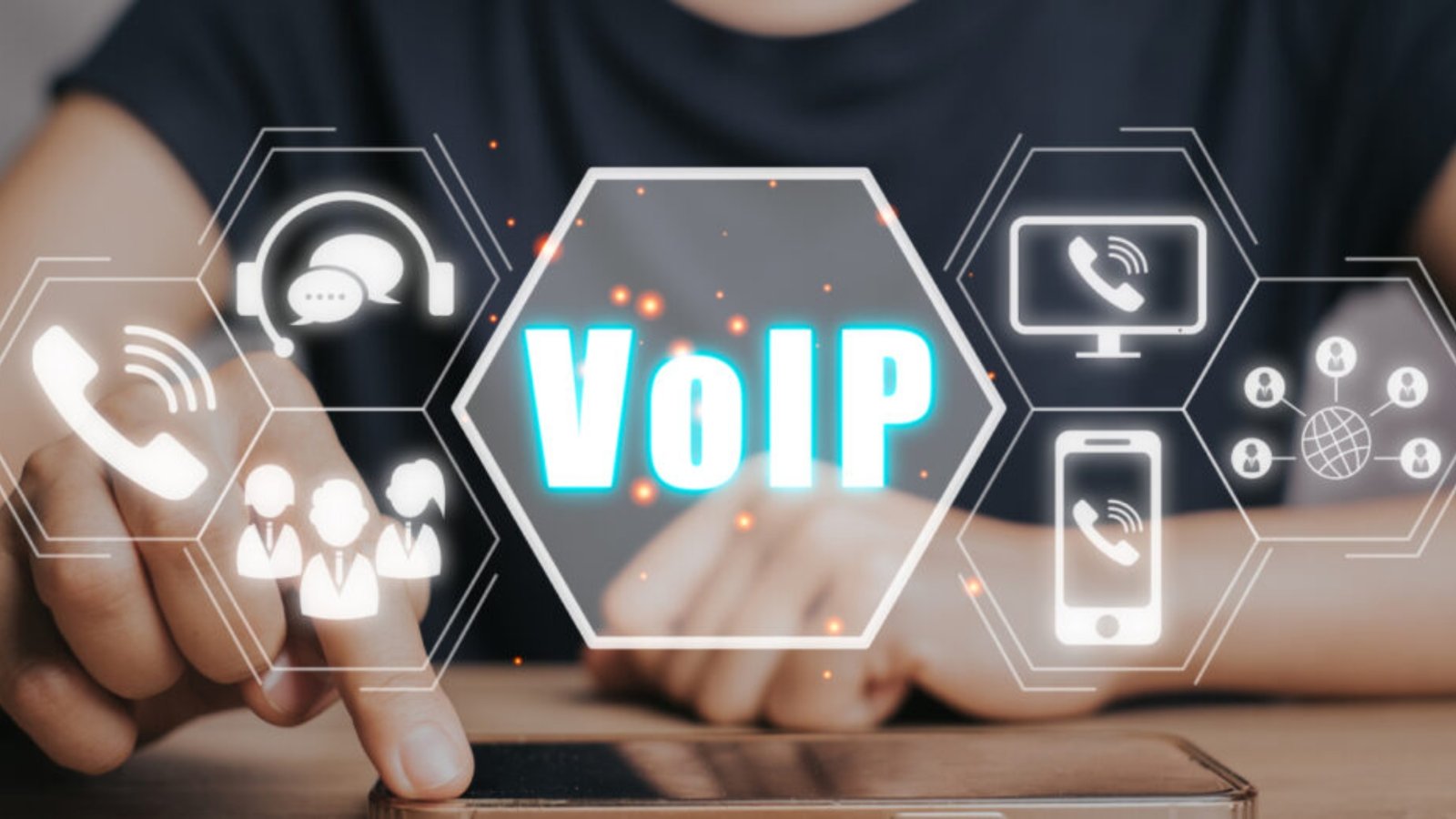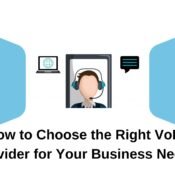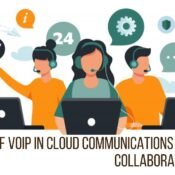
VoIP Security: How to Keep Your Calls and Data Safe
With the rise of VoIP, the security of your calls and data is at risk. VoIP has revolutionized business communication. This guide explains how businesses can protect themselves from various security threats with VoIP Security: How to Keep Your Calls and Data Safe.
VoIP Security: How to Keep Your Calls and Data Safe has become a pressing concern for businesses of all sizes. It doesn’t matter if you’re a small startup or a big company, your VoIP system needs to be secured. Here are some steps, methods, and tools that will help you do that.
VoIP Security: What is it?
In order to keep your calls and data safe, you need to know what VoIP security is. VoIP security is measures taken to keep VoIP systems safe from cyber threats, hacking, and unauthorized access. VoIP relies on the internet to transfer voice and data, so it’s just as vulnerable to security issues as other online communications.
Threats like eavesdropping, man-in-the-middle attacks, denial of service (DoS), and toll fraud can compromise sensitive information and ruin business operations. When you protect your VoIP system, you’re sure your communication is secure, private, and free from external interference.
VoIP threats
Understanding VoIP Security: How to Keep Your Calls and Data Safe requires an understanding of the threats:
- Hackers can eavesdrop on VoIP calls and steal data.
- Phishing attacks: Fraudulent messages trick users into sharing sensitive info.
- Fraudulent use of VoIP services causes significant financial losses.
- Cybercriminals may flood your network with traffic, making it hard for you to make or receive calls.
- An attacker secretly relays and possibly alters communication between two parties in a man-in-the-middle attack.
Here’s how to keep your calls and data safe
You can protect your business communications with several key strategies. Here’s how:
Passwords and authentication should be strong
To keep your VoIP account secure, use complicated passwords. Weak or reused passwords make it easy for attackers to get in. Add multi-factor authentication (MFA) to make it even more secure. The MFA will make it harder for hackers to get into your system since it’ll require more than just a password to authenticate users.
Make sure your calls are encrypted
Call encryption makes sure anyone who doesn’t have the right decryption key can’t read your calls. In order to ensure secure communication, VoIP providers, like 3Ctel Canada, offer encryption as part of their service. Encryption protects data in transit, so hackers can’t listen to your calls.
Firewalls keep your network safe
VoIP-specific firewalls detect and block malicious traffic targeting your VoIP system. They act as a protective barrier between your internal network and the internet. Keep your firewalls up-to-date and configured to secure VoIP traffic in your business.
Keeping your software up-to-date and patched
Your VoIP software needs regular updates and security patches to stay safe. You need to install these updates as soon as they come out from VoIP providers like 3Ctel Canada, because they address new security issues.
Use VPNs (Virtual Private Networks)
A Virtual Private Network (VPN) creates a secure connection between remote users and your business network. A VPN protects VoIP calls and ensures data confidentiality if employees are working from home or traveling. VPNs encrypt data, so attackers can’t mess with it.
VoIP security pros and cons
Let’s take a look at VoIP Security: How to Keep Your Calls and Data Safe.
Pros
- Strong security measures can reduce the chances of costly data breaches.
- Keeping sensitive information private is easy with encryption.
- VPNs and secure networks let employees work remotely while keeping their data safe.
- Reduced Fraud Risk: Securing your system reduces the risk of toll fraud.
Cons
- For businesses with limited IT resources, advanced security measures can be hard to set up.
- VoIP services themselves are affordable, but security tools can add up.
- Your IT team has to keep security protocols updated all the time.
VoIP security best practices
Here are some tips for keeping your VoIP network safe. VoIP Security: How to Keep Your Calls and Data Safe isn’t just about setting up systems.
- Set up alerts for suspicious activity on your network. Regularly monitor your network.
- Role-Based Access Control (RBAC): Limit access to sensitive information by assigning roles based on employee needs.
- Provide employee training to ensure your team recognizes suspicious activity and prevents phishing and social engineering attacks.
- Personal devices can be a security risk if not properly managed. Use company-issued devices that meet your security requirements instead.
Consider these VoIP security tools
VoIP Security Tools: How to Keep Your Calls and Data Safe:
- SBCs (Session Border Controllers) control VoIP traffic and protect against unauthorized access.
- Monitoring software: This software monitors call quality and detects any unusual patterns that could indicate a security threat.
- With SIP trunking, businesses can protect their communications from interception and fraud.
Your VoIP network will be much more secure if you integrate these tools.
Final thoughts
For any business, VoIP Security: How to Keep Calls and Data Safe is essential. Protecting your VoIP system from eavesdropping, fraud, and other security threats ensures the integrity of your communication network. It’s easy to keep your business safe from cyber threats if you follow the best practices mentioned above, like encryption, secure passwords, and regular updates.
It’s important to take a proactive approach to VoIP Security: How to Keep Your Calls and Data Safe. Regular monitoring, employee education, and investing in security tools will help you stay safe.
Think about working with a trusted VoIP phone provider like 3Ctel, which prioritizes security and offers robust network protection. Stay connected with 3Ctel Canada on Facebook for updates.




